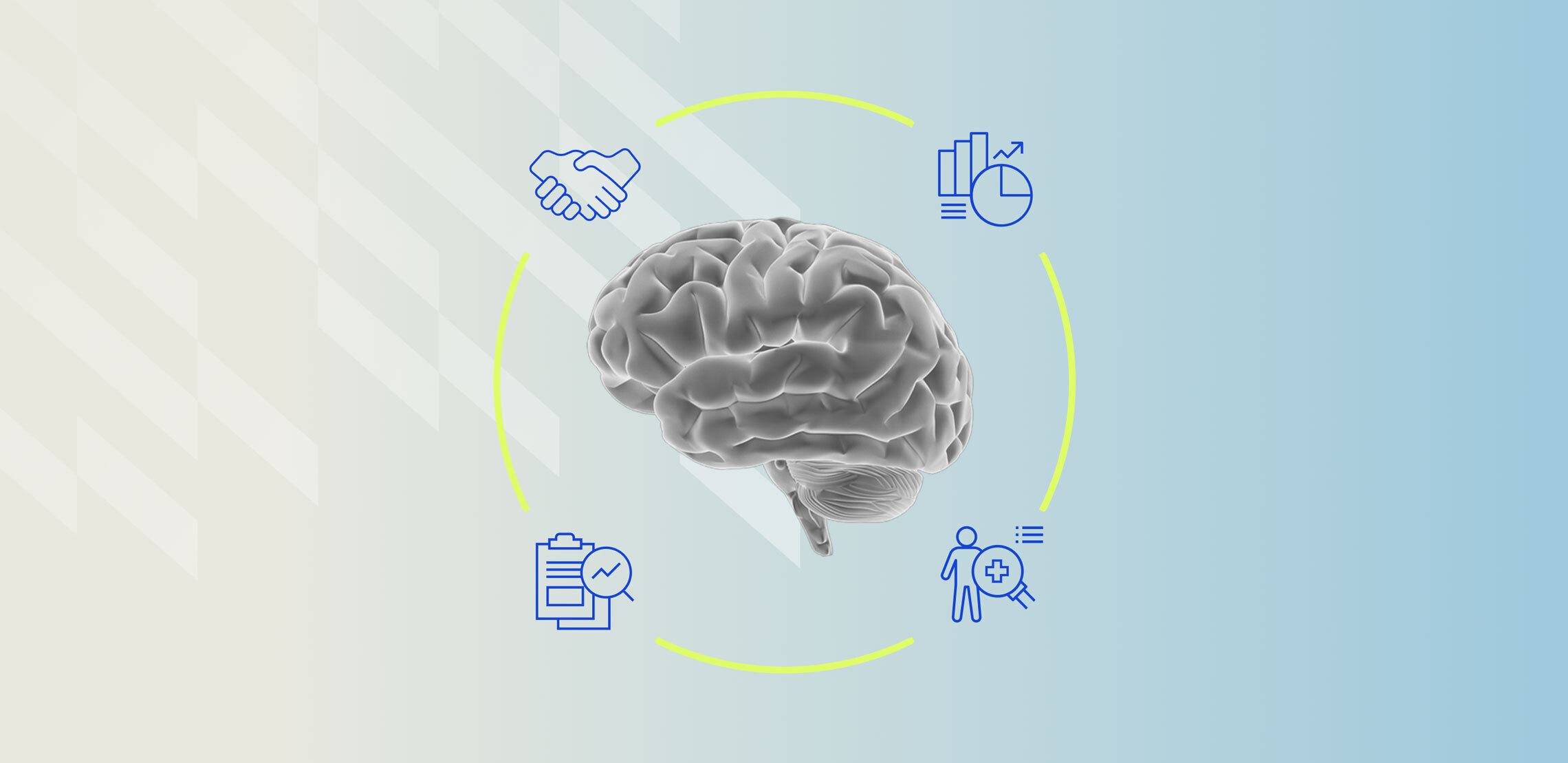
During the recent 2024 JP Morgan Healthcare Conference, I had the pleasure of moderating a thought- provoking fireside chat on the impact of generative AI in life sciences with Amar Goel, co-founder and CEO of Bito, a game-changing productivity tool for developers that accelerates software development using AI models, and Dr. Theodore Leng, a world leading innovator in the field of medical and surgical retina who serves the Department of Ophthalmology at Stanford University as both the Director of Clinical and Translational Research and the Director of Ophthalmic Diagnostics. Several pharma and medtech leaders joined us, making for an insightful conversation.
We understand that for many life sciences companies, tech innovation does not come naturally and AI, while not new, is still finding its footing within healthcare. AI involves a learning curve and changes how you work. Amar shared an anecdote about how his son, when hitting a snag in developing code, instinctively uses ChatGPT to find and correct the issue instead of working it out himself. It reminds me of when we were growing up and not being allowed to use calculators to solve a math problem even though, outside of school, one would always be available.
Working with several Fortune 100 companies, Amar also offered the following advice around selecting the right technology startups partner:
Dr. Leng noted that AI is being driven by passionate individuals who become physician champions who bring suggestions, which then get IT teams involved before rolling them out.
The conversation then turned to how AI is changing business. Generative AI can read code and test it significantly faster. Instead of taking four days, this process can be completed in 10 minutes. Software developers may become 10-20 times more efficient over the next five years. There have been a lot of experiments. It’s easy to make a demo with generative AI but in production, you can ask the same question and get a different answer each time. This is not acceptable in a clinical environment where consistency is needed. AI programs must be reliable, repeatable, cost effective and fit within a current workflow -- that is the hard part and will take a lot of focus.
A recent Modern Healthcare article credited Stanford as being one of the first health systems to leverage AI. Email volume from patients now is five times the volume it was a few years ago and Stanford alone receives over one million messages per year, placing a substantial burden on care teams to respond. Stanford is piloting ChatGPT to generate draft responses for patients. Clinicians can use, edit or scrap the content all together, which has already improved clinician satisfaction. Another potential use leverages AI with ambient voice to help type clinical encounter notes into the EHR.
Dr. Leng noted that improving efficiencies will be a key focus for AI in the early days. How can this tech make patient care more effective, safe and efficient?
AI also has a role in drug discovery and development, and clinicians need to learn how to use generative AI like using clinical trial data to help guide the decision-making process. One area of particular focus involves analyzing retinal images in clinical trials to identify biomarkers for disease progression, which can give an earlier signal if a treatment is working.
Doctors who use AI will replace doctors who don’t use AI – it will be like any other tool, such as a stethoscope or ultrasound, we will have to adapt.
Pharma is the largest advertiser in the US, aside from election cycles. Generative AI helps sales and marketing teams become more efficient and effective, reaching out to new customers and healthcare providers in a highly personalized way, prepping meetings, drafting and distributing meeting and post-meeting follow up notes. Bito found that sending initial meeting messages in the recipient’s language exponentially improved results. The meeting could still happen in English, just creating the initial outreach in their native language positively impacted outcomes.
Bito also records sales meetings with AI summarizing the notes into the CRM system. Sales and marketing leadership listens to the summaries to understand the gist without the sales team spending time writing notes. Product leaders then take a sample of these recaps and make a different summary to fit their needs.
Marketing further benefits through developing commercials with AI and enhancing search engine optimization to drive traffic to particular websites.
The conversation concluded with an AI example we can all appreciate – a new Simpsons episode. We hope everyone enjoyed the conversation as much as we did. Here’s to a wonderful and productive 2024!